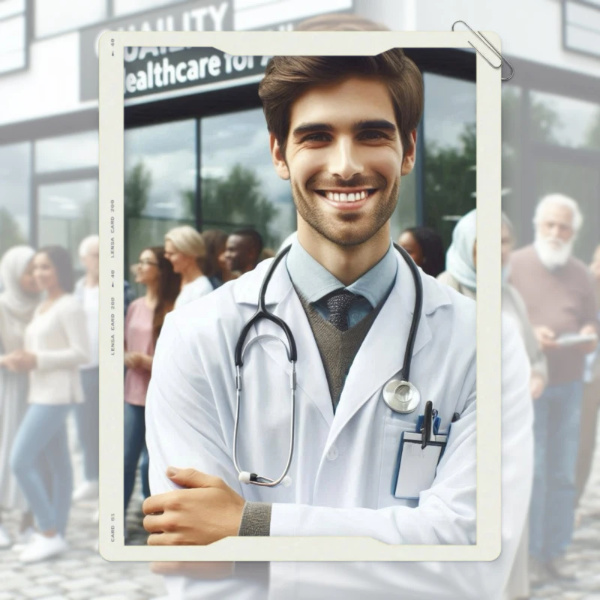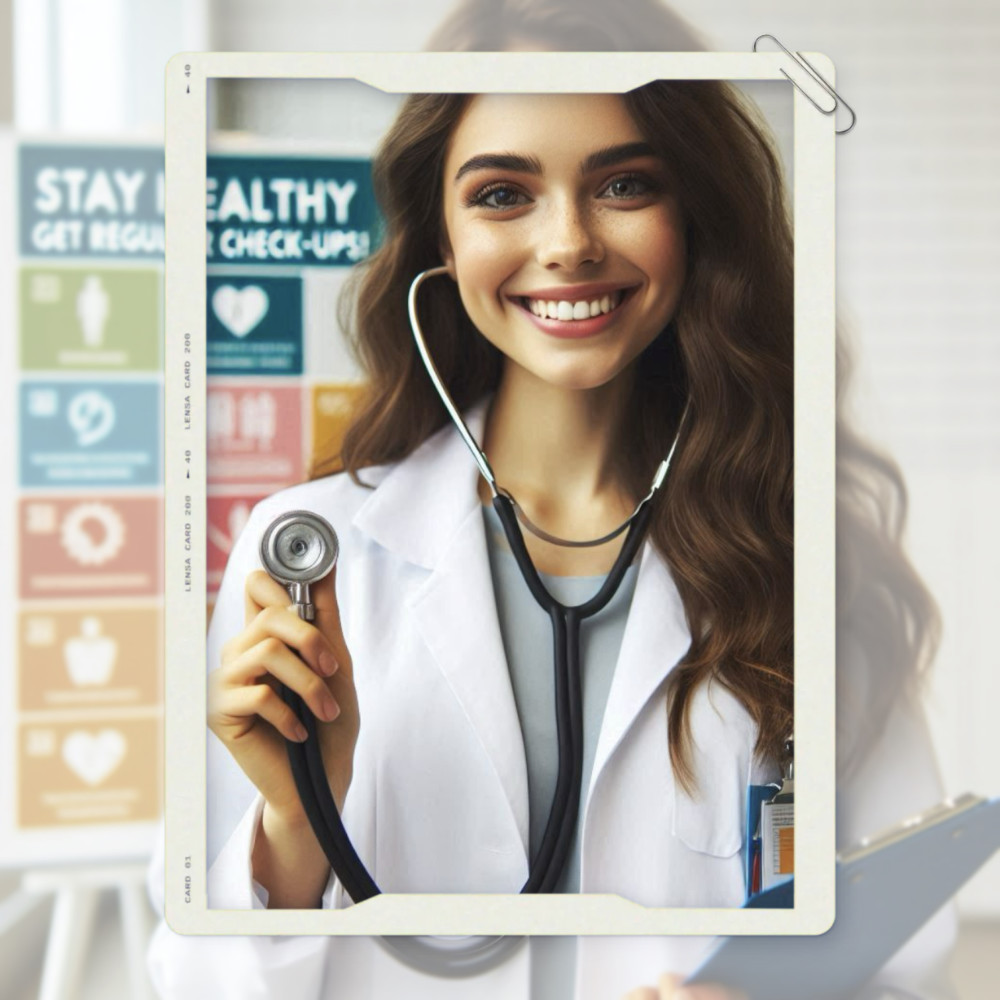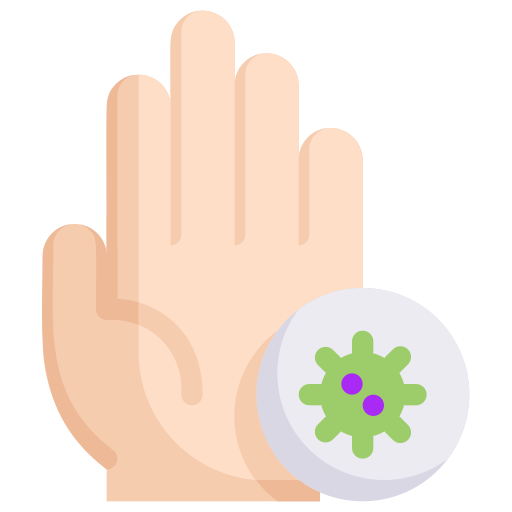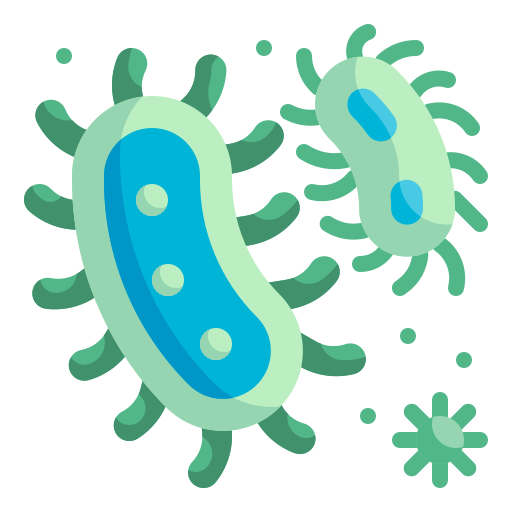The Essential Role of Antibiotics in Modern Medicine
Since their discovery in the early 20th century, antibiotics have revolutionized the field of medicine, transforming once fatal diseases into manageable conditions. These powerful drugs work by either killing bacteria directly or inhibiting their growth, providing a crucial defense against bacterial infections. Their introduction has notably increased life expectancy and improved the quality of life for millions globally, allowing for the successful treatment of diseases such as tuberculosis, pneumonia, and meningitis. Moreover, antibiotics play an indispensable role in various medical procedures and surgeries, offering protection against potential infections and ensuring patient safety.
However, the march of progress has not been without its challenges. The rise of antibiotic resistance represents a looming crisis within public health, threatening to undermine over a century of medical advancements. This phenomenon occurs when bacteria evolve mechanisms to withstand the effects of antibiotics, rendering standard treatments ineffective and leading to longer hospital stays, higher medical costs, and an increased mortality rate. The roots of this crisis are multifaceted, stemming from both the overprescription of antibiotics and their use in animal husbandry, highlighting the need for a more judicious approach to antibiotic use.
| Key Milestones in Antibiotic Development | Impact |
|---|---|
| Discovery of Penicillin (1928) | Marked the beginning of the antibiotic era, saving countless lives from bacterial infections. |
| Introduction of Tetracyclines (1948) | Expanded the range of treatable infections, further reducing mortality rates. |
| Development of Cephalosporins (1960s) | Broadened the spectrum of antibacterial activity, particularly against resistant strains. |
| Emergence of MRSA (1960s) | Highlighted the adaptive nature of bacteria and the need for ongoing research and development. |
In response to this escalating threat, the scientific community has rallied, dedicating significant resources to the development of novel antibiotics and alternative therapies. Yet, despite these efforts, the rate of new antibiotic development has not kept pace with the rapid evolution of resistant bacteria. This uncomfortable disparity underscores the importance of preserving the efficacy of existing antibiotics through careful stewardship and innovative research. Collectively, our actions today will determine the future usability of these vital medicines, underscoring the need for a united and strategic approach to safeguard their role in modern medicine.
Understanding Antibiotic Resistance: Causes and Consequences
Antibiotics, potent weapons against bacterial infections, have changed the landscape of modern medicine. However, the emergence of antibiotic resistance represents a formidable challenge to our current healthcare paradigm. This resistance occurs when bacteria evolve mechanisms to withstand the effects of medications, rendering standard treatments ineffective. The causes of antibiotic resistance are multifaceted, with the overuse and misuse of these drugs in human medicine and agriculture playing pivotal roles. 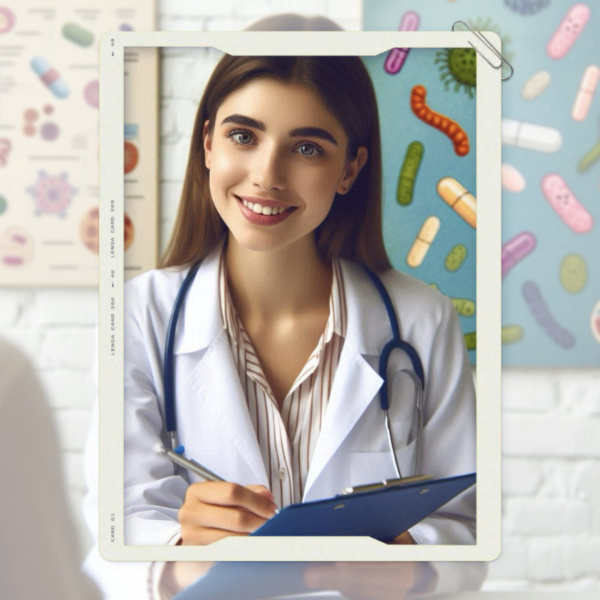
The consequences of antibiotic resistance are grave and far-reaching. Infections that were once easily treatable with antibiotics are becoming increasingly difficult to manage, leading to higher medical costs, prolonged hospital stays, and increased mortality. This growing threat compromises the effectiveness of critical medical procedures, such as surgery, chemotherapy, and organ transplantation, which rely heavily on the availability of effective antimicrobials for infection prevention and treatment. As resistant bacteria travel effortlessly across global borders, the challenge of antibiotic resistance has escalated from a public health concern to a global crisis that demands immediate and concerted actions.
To understand the complexity of antibiotic resistance, one must grasp the fundamental workings of what is antibiotics and how their effectiveness is diminished over time through natural selection and genetic mutation among bacteria. The battle against antibiotic resistance is not only about discovering new drugs but also involves understanding the ecological and evolutionary dynamics of bacterial populations. This scientific endeavor necessitates a robust research infrastructure, one that integrates multidisciplinary approaches to develop innovative strategies for diagnosis, treatment, and the prudent use of existing antibiotics to preserve their efficacy for future generations.
The Impact of Misusing Antibiotics on Public Health
Misusing antibiotics has become a significant public health issue, contributing to the mounting threat of antibiotic resistance. This form of misuse encompasses a range of behaviors, from the incorrect prescribing by healthcare professionals to the unwarranted self-medication by patients. Antibiotics, critical in combating bacterial infections, lose their effectiveness when misused, leading to the development of "superbugs." 
The public health implications of antibiotic misuse are profound. Every year, antibiotic resistance accounts for a staggering number of infections and fatalities worldwide, placing an immense burden on healthcare systems. By indiscriminately using antibiotics for conditions they cannot treat, such as viral infections, we expedite the evolution of resistant bacteria. This misuse not only renders the drugs ineffective but also diminishes the arsenal of medications available to treat bacterial infections, leading to increased medical costs, prolonged hospital stays, and greater mortality rates. The situation is exacerbated in healthcare settings where the overuse of antibiotics is most common, presenting a dire need for stewardship programs to guide appropriate use.
Addressing this misuse requires a multifaceted approach, emphasizing education on the judicious use of antibiotics among both healthcare providers and the public. Understanding the distinction between bacterial and viral infections, and recognizing that antibiotics are not a panacea for all ailments, is crucial. Public health campaigns and policy interventions aimed at curtailing unnecessary antibiotic prescriptions are vital in reversing the tide against antibiotic resistance. By fostering a culture of restraint and precision in antibiotic use, we can safeguard their efficacy for future generations, ensuring that infections remain treatable and public health is preserved.
Strategies for Preventing Antibiotic Resistance
In the battle against antibiotic resistance, judicious application of antibiotics is paramount. These lifesaving drugs, designed to battle bacterial infections, have become a cornerstone of modern medicine. Yet, their efficacy is threatened by the rising tide of resistant pathogens. A multifaceted strategy to combat this menace starts with healthcare professionals adhering strictly to guidelines for antibiotic prescription. This entails conducting proper diagnostics before prescribing antibiotics, ensuring they are only administered when necessary and appropriate. By targeting antibiotic use, the selection pressure on bacteria to evolve resistance mechanisms can be significantly reduced. 
Another critical component involves patient education. Patients should be made aware of what antibiotics can and cannot do, emphasizing that they are ineffective against viral infections like the common cold or flu. This understanding can reduce the demand for antibiotics for unsuitable conditions, decreasing misuse. Furthermore, completing prescribed courses of antibiotics as directed is crucial in ensuring that all the bacteria are eradicated, preventing the emergence of resistance among survivors.
On a broader scale, antibiotic stewardship programs within healthcare settings are vital. These programs promote the optimal use of antibiotics among clinicians by providing education, support, and feedback on prescribing patterns. They are instrumental in curbing the spread of antibiotic resistance by ensuring that the right antibiotics are used for the right infections at the right doses and durations.
Finally, investment in research and development of new antibiotics and alternative therapies is essential. As some bacteria become resistant to existing drugs, the pipeline for new antibiotics must be replenished to stay ahead in this ongoing battle. Simultaneously, investigating non-antibiotic approaches, such as bacteriophage therapy, vaccines, and probiotics, can provide alternative means to counter bacterial infections without contributing to the resistance problem. Collectively, these strategies form a robust defense against the rise of antibiotic resistance, safeguarding these critical tools for future generations.
The Role of Research in Overcoming Resistance
Research plays a pivotal role in understanding and tackling antibiotic resistance, a complex problem threatening global health security. By delving into the molecular mechanisms of how bacteria evolve to resist antibiotics, scientists are at the forefront of developing innovative strategies to overcome this challenge. Central to this effort is the exploration of novel antibacterial compounds and the optimization of existing therapeutic agents. This scientific inquiry not only aims to answer the question of what is antibiotics but also seeks to chart a roadmap for the synthesis of next-generation antibiotics that are less prone to resistance.
The landscape of antibiotic resistance research is vast, spanning from the investigation of natural antibiotic compounds found in diverse ecosystems to the utilization of cutting-edge technologies such as CRISPR gene editing and artificial intelligence in drug discovery and development. These approaches promise to accelerate the identification of new drug targets and to unravel the complex interactions between antibiotics and bacterial cells. Importantly, research also focuses on understanding the spread of antibiotic resistance genes among bacteria, a phenomenon that underscores the need for a multidisciplinary approach to develop effective containment strategies.
| Research Area | Objective | Impact on Antibiotic Resistance |
|---|---|---|
| Molecular Mechanisms | Understand how bacteria develop resistance | Inform the design of drugs to circumvent resistance |
| Drug Discovery | Identify new antibacterial compounds | Expand the arsenal against resistant bacteria |
| Containment Strategies | Analyze the transmission of resistance genes | Prevent the spread of resistance in communities |
Through a commitment to research and the confluence of multidisciplinary insights, the scientific community continues to push the boundaries of what is known about antibiotics and resistance. This endeavor not only highlights the urgent need for innovative solutions but also reinforces the critical role of research in safeguarding the efficacy of antibiotics, preserving them as a cornerstone of modern medicine.
How Individuals Can Contribute to the Solution
In the battle against antibiotic resistance, the power of individual action cannot be overstated. Every person can play a crucial role in this global fight by adopting simple yet effective habits. Firstly, it's imperative to use antibiotics responsibly; this means taking them only when prescribed by a healthcare professional and following the given dosage instructions meticulously. Self-medication and the use of leftover antibiotics for minor ailments without consultation can contribute significantly to the development of resistance, turning treatable diseases into lethal threats. 
Moreover, the importance of general hygiene cannot be underestimated in preventing infections and consequently reducing the demand for antibiotics. Regular hand washing, covering the nose and mouth when sneezing or coughing, and keeping wounds clean are basic practices that can have a profound impact. Such measures help curb the spread of bacteria, viruses, and other pathogens, diminishing the likelihood of antibiotic use and resistance.
On a larger scale, advocacy and education play pivotal roles. Individuals informed about the ramifications of antibiotic resistance are more likely to engage in conversations with their communities and healthcare providers, fostering a culture of antibiotic stewardship. By pushing for the judicious use of these medicines and supporting policies that encourage research into new treatments and diagnostics, the public can exert pressure on stakeholders to commit to actionable change.
Lastly, the support for research and development of new antibiotics and alternative treatments is essential. Individuals can contribute by participating in or funding scientific research and advocating for the allocation of resources towards finding sustainable solutions to antibiotic resistance. This collective effort can lead to the discovery of novel therapies and diagnostic tools, ensuring that future generations have effective means to combat bacterial infections. Through informed actions and constructive habits, everyone can be a vital component in the global strategy to preserve the efficacy of antibiotics and safeguard public health.
Content Manager: Dr. Paul Edward Sax




